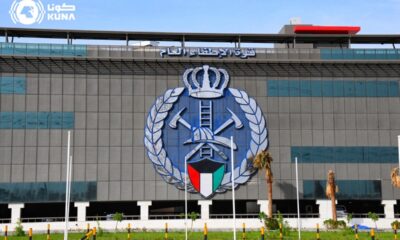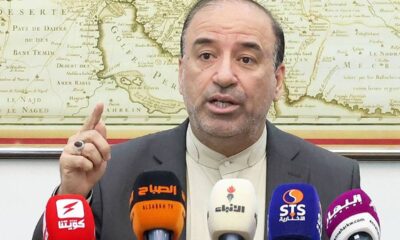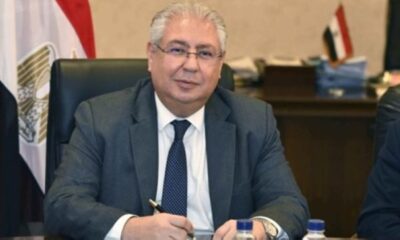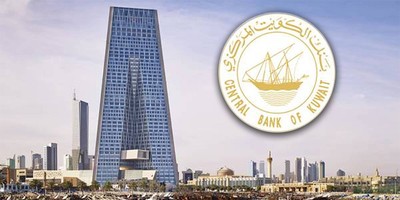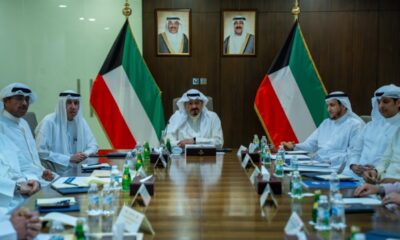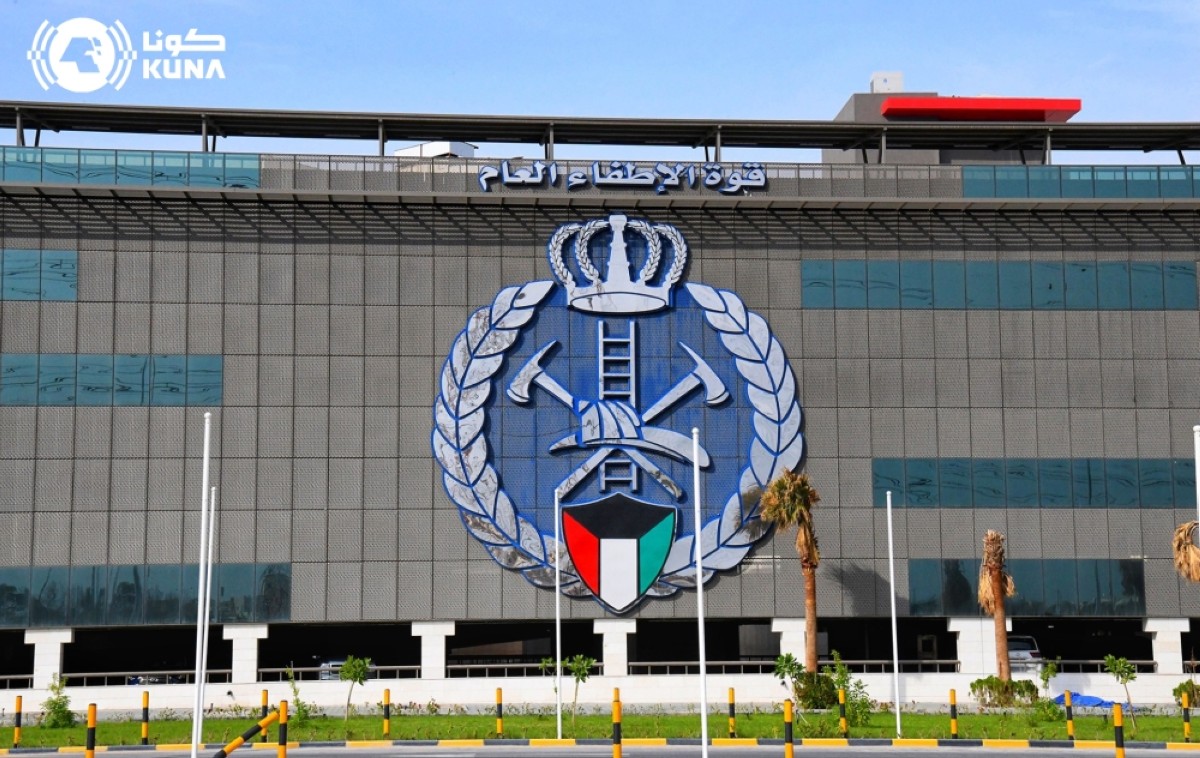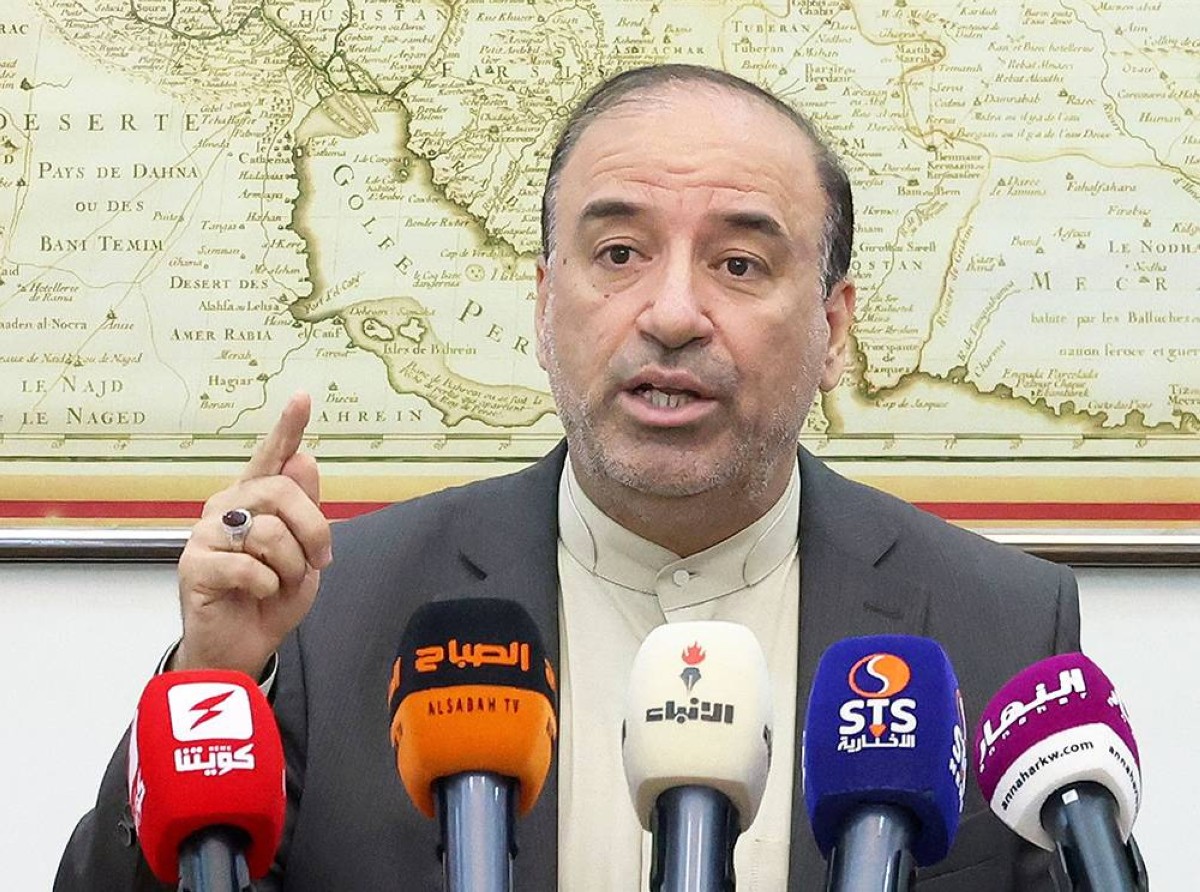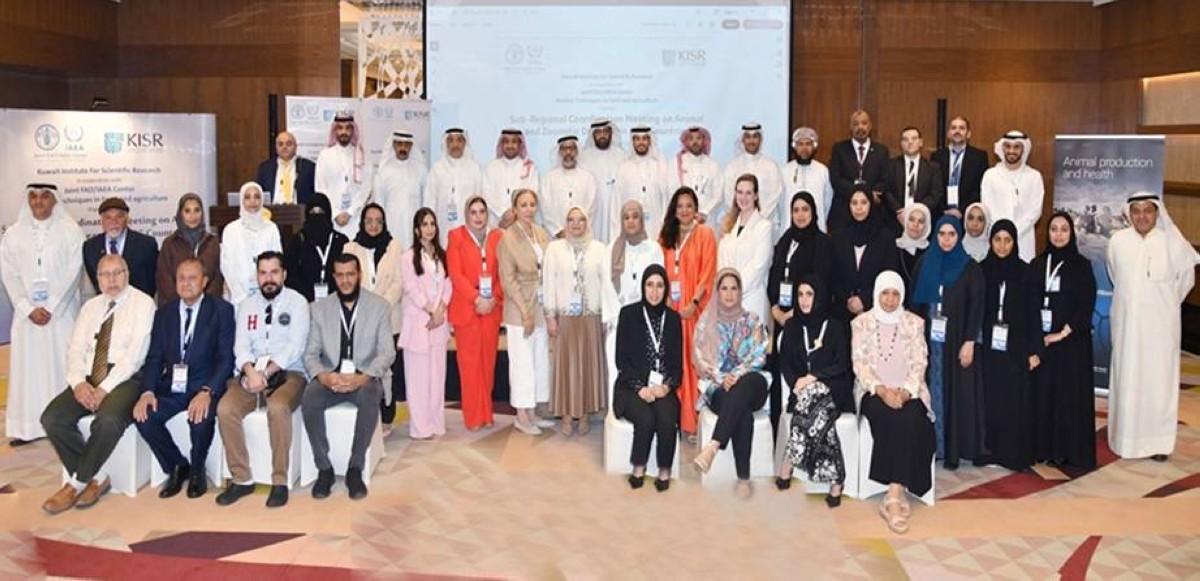KUWAIT: Kuwait Institute for Scientific Research (KISR) on Monday launched a regional meeting focused on combating animal and zoonotic diseases in Gulf Cooperation Council (GCC) countries. The four-day event will address several priority diseases in the region, including brucellosis, Rift Valley fever, foot-and-mouth disease and peste des petits ruminants (PPR).
Dr Abdulaziz Al-Ateeqi, the meeting’s regional coordinator at KISR, told KUNA that the event aims to enhance cooperation and coordination among GCC member states while promoting the exchange of expertise on modern technologies for the rapid and accurate detection of animal diseases.
Al-Ateeqi noted that some of these diseases impact public health, while others directly threaten food security – making regional coordination essential. He added that the meeting is held under the “One Health” approach, which integrates human, animal, and environmental health to build a comprehensive system for the prevention and management of animal and zoonotic diseases in the region.
Participants aim to strengthen collaboration in key areas such as technical capacity building, the development of veterinary laboratory networks, utilization of reference laboratories and collaborative centers and improved information sharing and scientific research.
Carla Bravo de Rueda, Animal Health Technical Officer at the Joint FAO/IAEA Centre, told KUNA that enhancing regional cooperation and veterinary laboratory networks is vital for improving joint response capacities to transboundary and zoonotic diseases. She noted that the Kuwait meeting provides an opportunity to reinforce collective efforts and explore the development of a future veterinary laboratory network – drawing inspiration from models such as CamVetNet, coordinated by the UAE under the World Organization for Animal Health (WOAH).
De Rueda pointed to successful initiatives such as the US veterinary lab networks, which were established to control disease outbreaks through rapid emergency cooperation and harmonized operational protocols. She affirmed the IAEA’s willingness to support these efforts but emphasized that success hinges on local commitment from member countries – whether by expanding CamVetNet to include more diseases or by launching new networks focused on regionally significant animal health threats.
Suggested areas for collaboration include proficiency testing, broader use of global reference laboratories and collaborative centers (such as those in the UAE) and mobilizing national expertise to enhance regional cooperation in animal disease prevention and response. — KUNA
Dr Mohamed Alhosani, WOAH’s Subregional Representative for the Gulf, told KUNA that the meeting serves as an important scientific platform to foster cooperation and capacity-building in animal health across the region. He said the event brings together representatives from GCC countries and international organizations, including the IAEA, WOAH and the Food and Agriculture Organization (FAO). The primary goal, he noted, is to support member states in building technical capacities and developing national systems to manage animal and zoonotic diseases. Alhosani praised the contributions of international organizations for providing critical technical and advisory support and thanked the Kuwait Institute for Scientific Research for organizing and hosting the meeting. He expressed hope that the outcomes would strengthen regional health security and bolster effective animal health prevention and response efforts. – KUNA
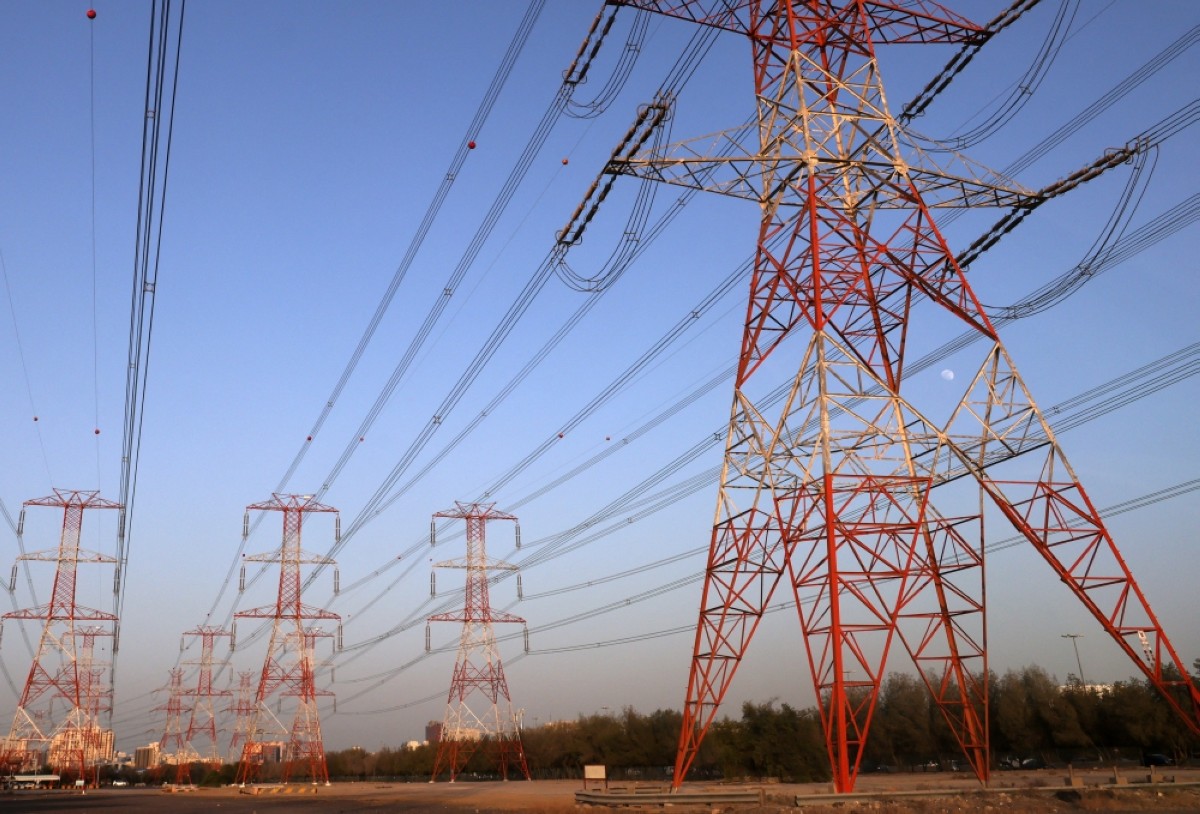

 Business16 hours ago
Business16 hours ago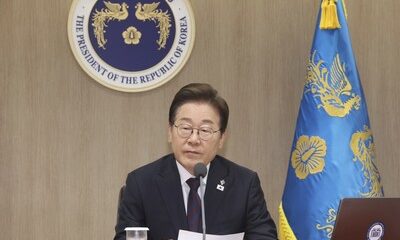
 Business17 hours ago
Business17 hours ago
 Politics19 hours ago
Politics19 hours ago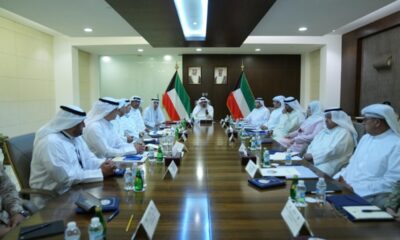
 Latest News15 hours ago
Latest News15 hours ago
 Business13 hours ago
Business13 hours ago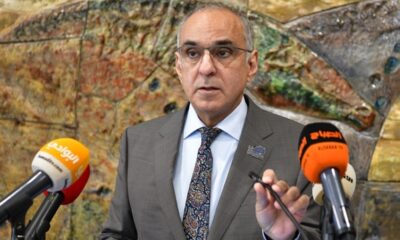
 Latest News7 hours ago
Latest News7 hours ago
 Business6 hours ago
Business6 hours ago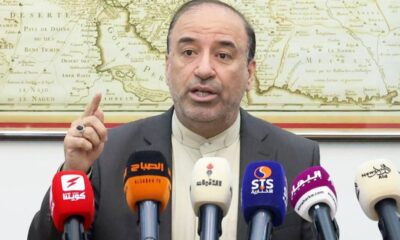
 Latest News6 hours ago
Latest News6 hours ago
